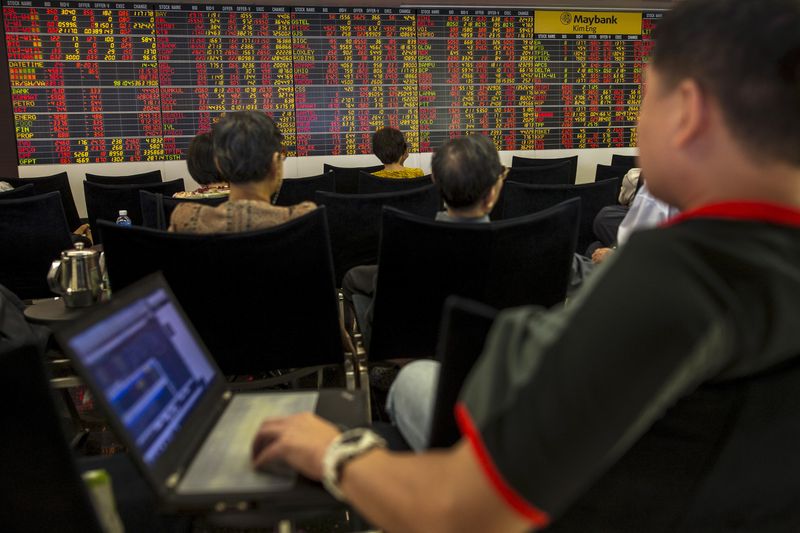Strategies of Asian hedge funds
2022.12.08 04:35
[ad_1]

Strategies of Asian hedge funds
Budrigannews.com – Asia’s most active seed fund providers are instead investing in hedge funds with strategies that are not correlated to major macro trends after traditional equity and bond portfolios failed to impress investors this year and China’s market returns failed to impress them.
This means that, unless their portfolio is set up to take advantage of market volatility or a futuristic theme like clean energy, hedge funds may have trouble getting started.
In 2022, HS Group, a significant Asian seed capital provider with a portfolio of alternative asset managers and more than $7.5 billion in assets under management (AUM), invested in three hedge funds.
Aregence Capital Management, a long-short equity fund based in Singapore with an emphasis on India, is one of them. Another is Mercator Partners, which has a low-net decarbonization long/short global strategy. It buys companies in the new energy supply chain and shorts companies with old business models or rising carbon policy liabilities.
Michael Garrow, chief investment officer and co-founder of the Hong Kong-based HS Group, stated, “This year has really been pivotal.”
Reading Bank of England will raise the rate at the next meeting-Reuters
“The indexes are down and many of the strategies that became popular over the past decade are also down, meaning tech, internet, and early-stage growth,” as central banks reduce liquidity to combat inflation.
Garrow didn’t uncover the size of every venture except says this is a fascinating opportunity to be engaged with developing business sectors past China, since they are less packed. Short positions are also present in the equity funds in which HS Group invests.
This year, investors in equities and fixed-income have struggled to make money as the U.S. Federal Reserve and other major central banks swiftly raised rates to combat inflation, eliminating the tailwind of easy money. As China’s markets were slammed by the country’s strict zero-COVID policies and a collapse of the property sector, Asian investors faced greater obstacles.
According to data from With Intelligence, there were only 24 new hedge funds established in Asia in the first half of 2022, raising just $1.8 billion. That contrasts with 78 new hedge funds launched for the entire year and 44 in the first half of 2021.
An NYSE: Goldman Sachs “Uncorrelated” strategies were chosen by 31% of allocators, surpassing conventional long-short equity strategies, in a Prime Services November survey of Asia-Pacific investors.
In June, the fund management subsidiary of Hong Kong-listed Sun Hung Kai & Co., SHK Capital Partners, committed $100 million to GCO Asset Management. This fund uses long or short bond positions to trade macro themes like the Fed’s rate policy or Russia’s shutdown of gas supplies.
ActusRay Partners, a Hong Kong-based macro-agnostic quant fund that focuses on European equities, SHK stated, has seen its AUM increase from $20 million when it launched in March 2021 to $300 million.
SHK Capital Partners’ China-based wealth managers and other institutional clients are diversifying away from domestic market-based strategies.
According to Marcella Lui, head of funds distribution and investment solutions at SHK Capital Partners, “Global managers who are less directional, less correlated to the equity market, such as market neutral managers, are the type of managers investors are looking at these days, broadly speaking.”








